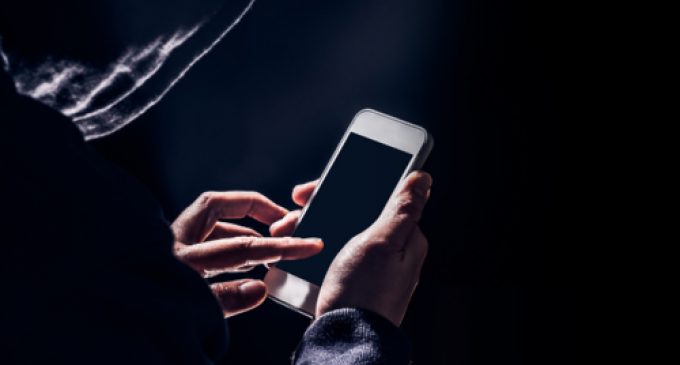Younger Generations Pose Biggest Cybersecurity Threat to Businesses

Younger generations have been revealed as the biggest security threat to businesses as one in ten (10%) Millennials admitted that they would knowingly use a work device that was under cyber-attack. Meanwhile, 42% of Gen Z office workers confessed that they have lost a device that was linked to their work email account.
The survey of 500 Irish office workers was commissioned by specialist IT solutions distributor, DataSolutions, and carried out by Censuswide in May 2019.
Lifting the lid on some of the biggest cybersecurity threats facing businesses today, the study found that 19% of all Irish office workers have sent sensitive work-related information to the wrong email recipient. Furthermore, 14% of Irish office workers have copied sensitive company data from previous or current employers for their own use.
The findings also reveal that 28% of Gen Z employees admitted to having access to company information or private logins from a previous employer, followed by Millennials (16%), Gen Xs (9%) and Baby Boomers (8%).
Gen Z was also found to be the most suspicious generation when it comes to hackers targeting devices used on a daily basis. In fact, Gen Z office workers topped every category as the most concerned group in relation to the hacking of internet connected devices including game consoles, wearables, smart security cameras and smart TVs.
For example, 25% of Gen Z office workers are worried about their wearables (such as smart watches) being hacked, compared to 15% of Millennials, 19% of Gen Xs and 15% of Baby Boomers.
Overall, the survey found that across all generations, the devices that Irish office workers fear most being hacked are their smart security cameras (31%), followed by smart home alarms (30%) and smart home voice assistants (28%).
Commenting on the survey findings, Dave Keating, Group Security Director, DataSolutions, said: “It’s clear from our survey findings that Irish office workers, albeit some more than others, are cautious because of the threat of cyber-attacks.
“While it is a positive sign that the younger generations place an emphasis on internet security, we can see that this awareness doesn’t always translate into action. For example, when the WhatsApp security breach occurred earlier this year, everybody was talking about it, but how many people immediately went on and actually deleted or upgraded the app on their phone? I’d say fewer than you think.
“That’s why employers cannot take for granted that their employees will take steps to stave off an attack when they have other work commitments or if it impacts on the use of their devices. Business leaders need to remain alert to the dangers that human error and carelessness can pose.
“The fact that one in ten Millennial Irish office workers would choose to still use a device that they know is under cyber-attack is a clear indication that business leaders need to safeguard themselves by putting the right solutions and strategies in place.
“If they don’t, the security and possibly the future of their organisation is at stake. As we will be discussing at this year’s Secure Computing Forum in the RDS on 12th September, cyber-attacks and breaches can be detrimental, not only in terms of costs and resources but also more critically, reputations. We will present lots of useful tips and advice on how to safeguard against cyber-attacks.”



























